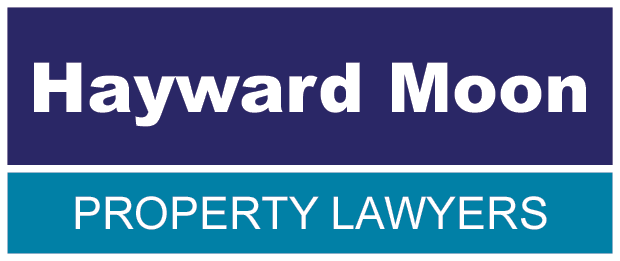Abstract of Title - A document summarising the title deeds to a specific property.
Abuttals - The parts of the boundaries of a piece of land which touch land alongside
Adverse Possession - Occupying of land without the legal title for long enough to be recognised as the legal owner (squatter's rights).
Bank Transfer Fee – A fee that is charged by lenders and solicitors for transferring funds by same day CHAPS transfer.
Boundaries – The extent of land your ownership stretches to as defined in the deeds plan.
Buy to Let – Buying a property with the intent of renting it out to tenants.
Chain – The purchase of property relies upon the sale and purchase of another, creating a sequence of buyers and sellers.
Completion - Transferring property in exchange for payment.
Completion Date – The day the property ownership changes hands, the seller receives the sale monies, and the buyer collects the keys.
Contract – The legally binding document which states the terms and conditions of the property sale or purchase. One copy of which is signed by the seller, the other by the buyer.
Covenants – The legal title to the Property may be subject to positive and negative obligations which must be observed by the owner.
Declaration of Trust – A legally binding document that sets out who owns what share of a property, along with other conditions such as who can decide when to sell, in arrangements where there is more than one owner.
Deeds – A historic legal document which deals with the transfer or mortgage of the Property.
Deposit – A percentage of the purchase price (usually 10%), is paid to the seller upon exchange of contracts.
Disbursements – Additional costs paid to third parties during the conveyancing process such as Land Registry fees, Local Authority search fees and Stamp duty.
Easement – The rights a person has to access or cross another person's land, such as the right of way.
Encumbrance – Any matter which adversely impacts the legal title to the Property.
Exchange of Contracts – When the conveyancing solicitors exchange contracts, the deposit is paid, and the purchase of the property on an agreed date becomes legally binding.
Free of Encumbrances - No one else has any rights over property.
Freehold – Absolute ownership of a property and the land it is built upon, as opposed to leasehold.
Freeholder - Person who owns freehold property rights.
Gazanging – The seller pulls out, deciding not to move, even though they have previously accepted your offer.
Joint Tenancy – Where two or more people have equal ownership of a property, with possession passing automatically to the remaining owner(s) in the event of another's death.
Land Registry – Government department responsible for recording ownership of land.
Land Registry Fees – Charged by the Land Registry and payable by you for recording ownership when you buy a property and carrying out pre-completion searches.
Leasehold – Ownership of a property for a fixed duration of time, until it returns to the landlord when the lease comes to an end.
Local Authority Search – A request sent by your conveyancing solicitor to the local council for information regarding anything of significance recorded against your prospective property or the land it is built upon, which could affect your decision to buy.
Mortgage – Where a lender takes security over your property in exchange for the grant of a loan to assist in its purchase.
Mortgagee - The lender of the money which is secured by a mortgage.
Mortgagor -The person who borrows the money to buy a property.
Negative Equity – The term applied when the value of a property falls below the value of the mortgage you borrowed to pay for it.
Riparian Rights - Rights of owners of land on a river bank.
Redemption Fee – Penalty charged by a mortgage lender in the event of you paying off your mortgage earlier than agreed.
Reservation Fee – Paid to the property developer to reserve a new build you intend to buy.
Searches – Undertaken by your conveyancing solicitor to discover any issues that might affect both the value of a property and your decision to buy it. These include Local Authority (obligatory), Drainage, Mining, Commons Registration and Pre-completion searches.
Stamp Duty – The tax you pay to HMRC following the purchase of a property, the amount dependent upon its value.
Subsidence – Movement beneath a property caused by compromised footings or foundations, or a shift in the earth below. Requires costly underpinning to rectify.
Survey – Assessment of the condition of the Property carried out by qualified surveyors and engineers.
Title deeds - The documents which prove who owns a property and under what terms.
Transfer Deed – The document that transfers legal ownership of a property from one party to another.
Valuation – To estimate the properties value is worth the same as the asking price.
When it comes to moving home, we’d love to help you with the legal side of things. With offices based in Ipswich, Colchester, Bury St Edmunds, Cambridge and Diss, we’re well situated to help you get a move on. Get in touch here.



